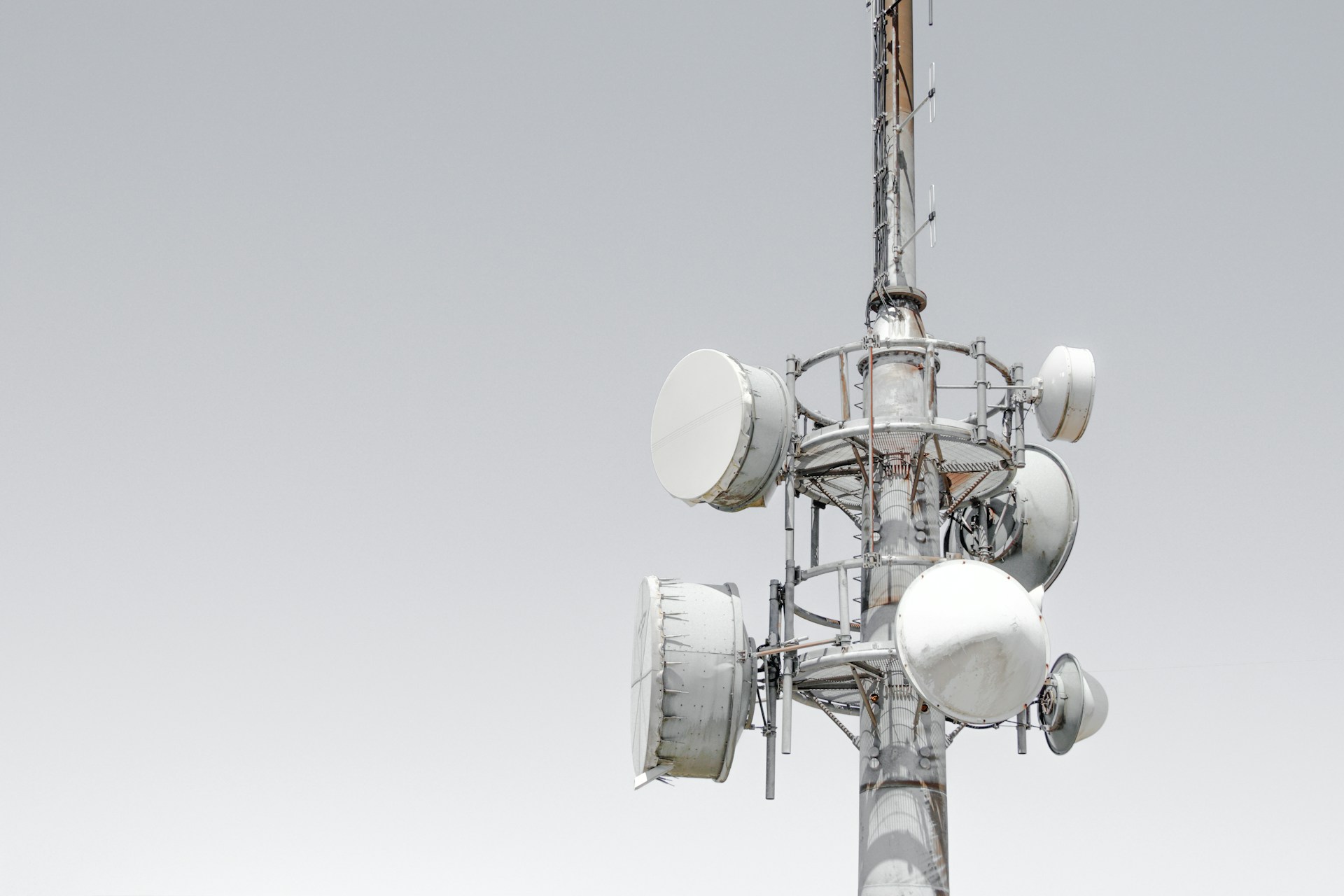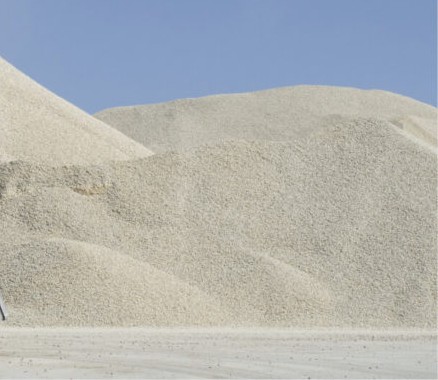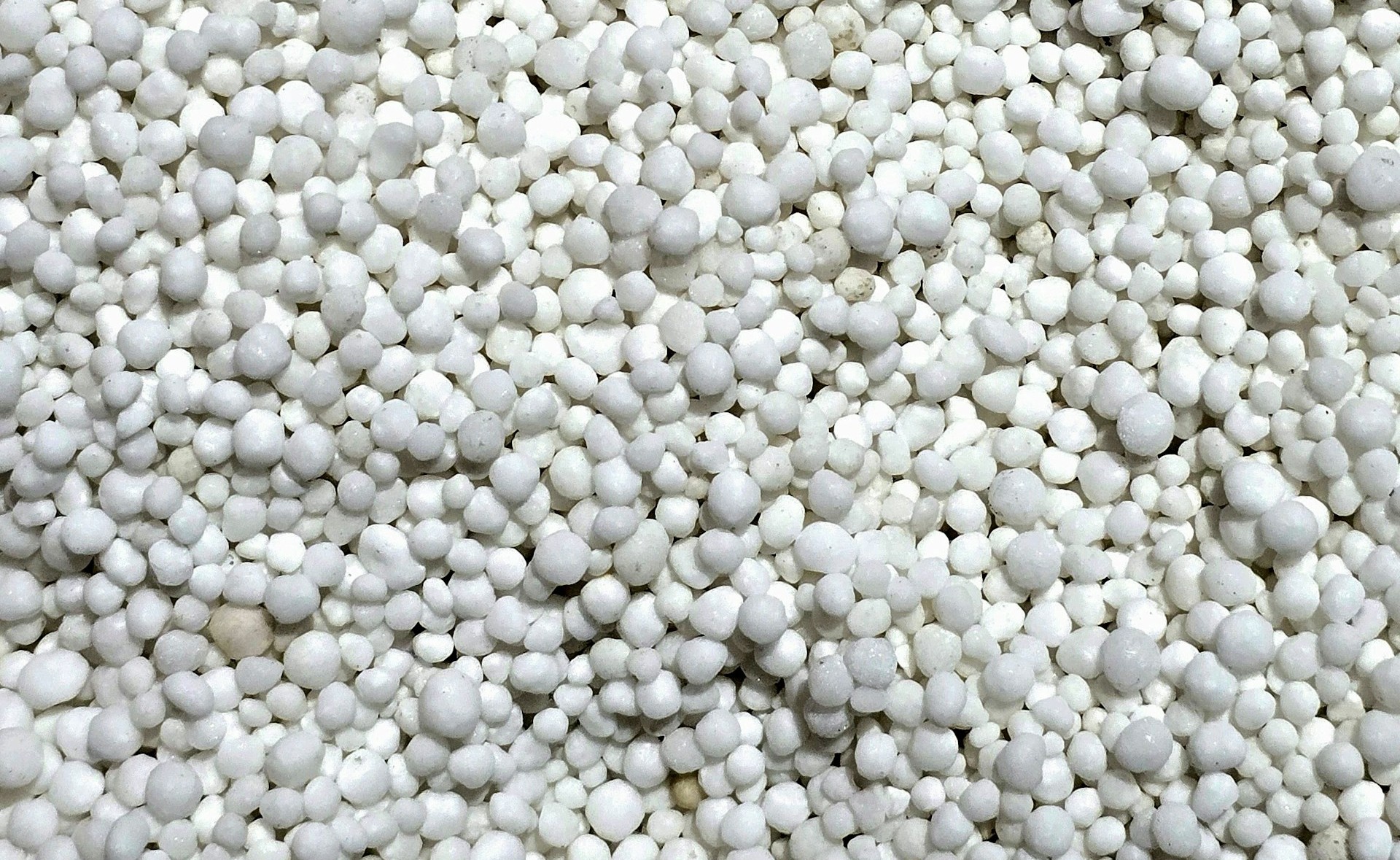Casablanca – Recent data from Eurostat, the European statistical office, reveals a significant increase in Morocco’s wheat imports from the European Union countries in 2023. The statistics indicate that Morocco imported approximately five million tons of grains during the year, underscoring the nation’s reliance on European markets for its grain supply.
The bulk of Morocco’s grain imports were sourced from France and Germany, with imports from France alone exceeding two million tons and imports from Germany surpassing one million tons. This concentrated focus on French and German markets reflects their dominance in supplying grains to Morocco within the EU.
Morocco’s import strategy was bolstered by support from the National Office of Cereals and Legumes, which provided important assistance totaling five million tons for grain imports to Moroccan professionals. This support was deemed necessary due to national grain shortages exacerbated by consecutive years of drought.
Professionals in Morocco’s grain sector gravitated towards importing from France and Germany following the designated support, while imports from Russian, Ukrainian, and Canadian markets remained relatively low, each below one million tons according to sector reports.
Looking ahead to agricultural forecasts, the Bank of Morocco anticipates a notable decline in grain harvests, projecting a harvest of 25 million quintals in 2024, significantly lower than the 55.1 million quintals harvested in the previous year. The Central Bank also foresees a 6.4% decrease in agricultural value added for 2024, followed by a 12.8% increase in 2025, assuming a return to average grain production levels of 55 million quintals.
In response to the challenges faced by the national agricultural sector, the National Office of Cereals and Legumes announced measures in early February to support grain storage in Morocco. Notably, this included subsidizing the storage of imported soft wheat by $0.25 per quintal to mitigate the impact of drought on grain availability.
Despite the substantial wheat imports from Europe, Moroccan wheat imports outpaced those from China in 2023, although the United States remains a significant importer of wheat from EU member states.
France continues to lead as Europe’s largest grain-producing country, followed closely by Germany, which exported over ten million tons of grains abroad in 2019, according to recent data from “Statista.” The strong import reliance on these key European partners underscores the intricate dynamics of Morocco’s grain trade and its strategic agricultural policies.
















